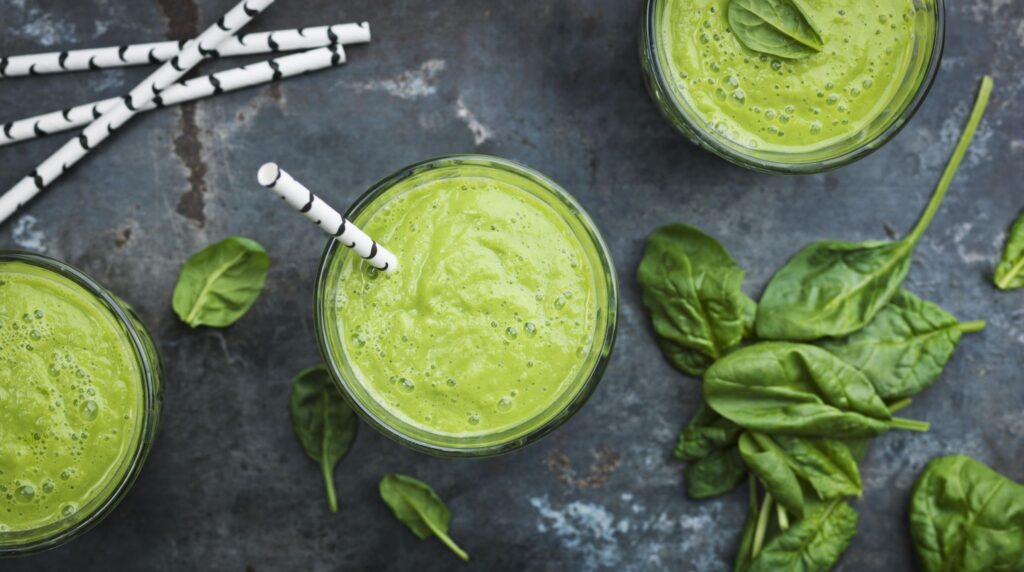
It helps regulate muscle and nerve function, blood sugar levels and enhances your post-run recovery.
Everybody needs an adequate supply of magnesium in their diet for optimum health. But runners might rely on it more than most when it comes to boosting that post-training muscle recovery and preventing muscle cramping. This is because magnesium plays a vital role in regulating muscle and nerve function, as well as impacting blood sugar levels and blood pressure.
So why runners more than others? Because studies looking into the association between magnesium requirements and exercise performance have found that the need for magnesium actually increases as your physical activity levels go up.
The best way to get magnesium is has part of a balanced diet, including magnesium-rich foods like dark green leafy vegetables, such as spinach, whole grains, nuts, seeds. Some breakfast cereals are also fortified with the mineral.
What does magnesium do?
Magnesium is a nutrient that the body needs to stay healthy. ‘The mineral is required for energy production, muscle recovery and bone development,’ explains nutritionist Kim Pearson. ‘It protects us from oxidative damage, which is increased as a result of the energy produced when we run.’
Magnesium is also crucial for normal brain function, and essential for a whole series of enzyme reactions which impact your body, from bones to nerves.
Is magnesium good for runners?
Short answer: yes. If you are looking to improve your running performance and really optimise your ability to recover from hard sessions, as well as reduce tiredness, and regulate normal blood pressure, then making sure you have adequate magnesium is really important. There’s also thought to be a link between magnesium and a reduction of the accumulation of lactic acid during hard workouts.
How can I tell if I’m deficient in magnesium?
Some of the symptoms of a magnesium deficiency can unfortunately also have other causes – for instance, fatigue could also be caused by lifestyle factors or indeed iron deficiency. Muscle spasms or cramps can also likewise have other causes. But certainly it’s important to check if you need to, because low magnesium levels over a long period can compromise your health – and even lead to osteoporosis. ‘Those typically at risk are people with gastrointestinal diseases or type 2 diabetes, elderly people and those who aren’t consuming optimal amounts in their diet’ explains Pearson.
If you have symptoms such as nausea, weakness, twitching, cramping or cardiac arrhythmia then please see your GP who can have your levels (along with other essential vitamins and minerals) tested.
How much magnesium per day?
Before you think about supplements, try to increase the amount of magnesium-rich foods in your diet. According to the NHS, the recommended daily intake for adults, aged 19-64, is 300mg a day for men and 270mg a day for women.
‘Include leafy greens in your diet – they are rich in magnesium,’ suggests Pearson. ‘Add a big handful of spinach to your post-run smoothie, or into a salad. Kale is also high in magnesium, while some nuts and seeds are heaving with the stuff.’
Best magnesium-rich foods
Magnesium is found naturally in many foods and even added to some fortified foods. You can get the daily recommended amounts of magnesium by eating a variety of foods, including the following:
Fruit & veg
• Kale 88mg per 100g
• Spinach 79mg per 100g
• Green peas 33mg per 100g
• Avocados 29mg per 100g
Nuts
• Brazil nuts 350mg per 100g
• Cashew nuts 250mg per 100g
• Peanuts 160mg per 100g
• Walnuts 150mg per 100g
Seeds
• Pumpkin seeds 590mg per 100g
• Sesame seeds 350mg per 100g
• Sunflower seeds 325mg per 100g
Soya products
• Soybeans 280mg per 100g
• Tofu 60mg per 100g
Legumes
• Lentils 36mg per 100g
• Raw pinto beans 176mg per 100g
What are the benefits of magnesium supplements?
Most people do in fact have sufficient levels of magnesium, especially if they eat a good amount of the foods listed above and generally follow a relatively healthy diet. But if not, then magnesium can also be found in multivitamin-mineral supplements, such as magnesium aspartate, magnesium citrate, magnesium lactate, and magnesium chloride.
Studies show that the more active you are, the more magnesium you need (since you can lose a lot of magnesium through sweat). So, for some runners, supplementing their diet with magnesium tablets simply means ensuring they have an adequate supply in their body.
However it’s important to remember that the amount of magnesium required varies from individual to individual and any concerns should be discussed with a medical professional.